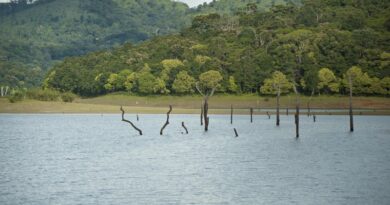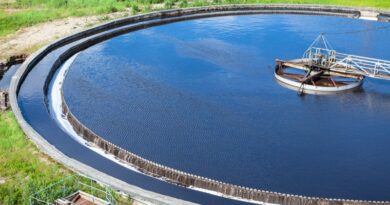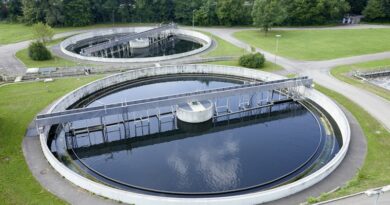NEERI develops eco-friendly sewage treatment plant based on phytorid technology

The Council of Scientific and Industrial Research-National Environmental Engineering Research Institute (CSIR-NEERI), Nagpur has developed an efficient phytorid technology sewage treatment plant (STP) for wastewater reuse that can help ease the pressure on groundwater extraction in India.
The plant has been installed at CSIR-National Chemical Laboratories (NCL), Pune.
Phytorid is a subsurface mixed flow constructed wetland system, developed and internationally patented by CSIR-NEERI, Nagpur with the successful demonstration in the field for more than 10 years of continuous operation as a stand-alone sewage treatment system.
A self-sustainable technology for wastewater treatment that works on the principle of natural wetland, the phytorid technology uses certain specific plants that can absorb nutrients directly from wastewater but do not require soil. These plants act as nutrient sinker and remover.
Using phytorid technology for the treatment of sewage, it is possible to recover and reuse the treated water for gardening purposes. It is a zero-energy and zero operation and maintenance sewage treatment technology compared to the conventional processes.
Union Minister of Science & Technology and Earth Sciences Dr Harsh Vardhan recently inaugurated the plant virtually, stating that treatment of sewage water was essential to meet the challenge of water scarcity in coming years. He called upon CSIR scientists to scale up their sewage treatment technology for broader use, and install it in all their campuses across the country.
According to a recent Niti Aayog report, 21 major cities in India (including New Delhi, Chennai, Bengaluru, and Hyderabad) are expected to run out of groundwater. India’s per capita water availability is expected to further decline to 1465 cubic metre by 2025. By 2030, the country’s water demand is projected to be twice the available supply, implying severe water scarcity for hundreds of millions of people.
Given the impending water crisis, treatment and recycling of 62 billion litre of wastewater produced every day in the county could help in augmenting water supply.



